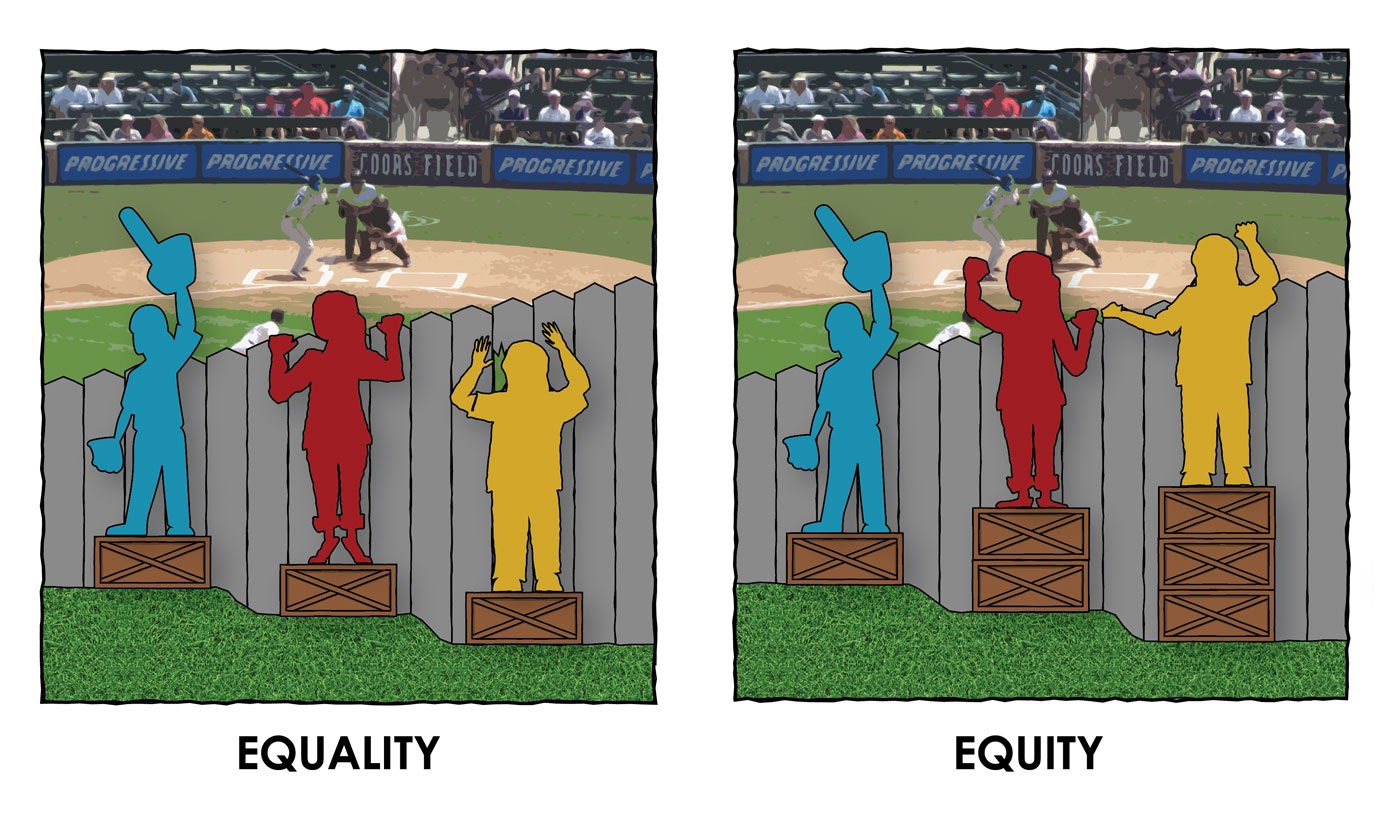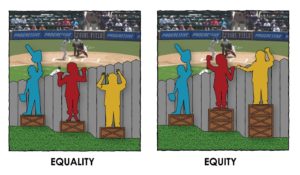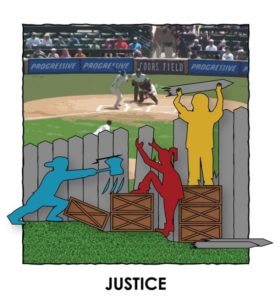“If you could, can you give my bonus points to whoever scores lowest?”
So wrote an 11th-grader from Kentucky on his history exam, and his act of generosity went viral. I’m curious how that makes you feel — because people have had a very blue dress / white dress reaction. On one hand, the student is acting selflessly, and that is a needful thing. Altruism is noble, and most teachers agree that it should be commended. On the other hand, the transfer of points is, at some level, unjust.
What are You Learning?
I had a teacher in high school who wouldn’t allow us to discuss what we got on a test.
“The number at the top is not a gift that I’m giving you,” he would say. His eyes would be wide with excitement, because he was passionate about interesting ideas. “It is not some arbitrary thing. That number is one very important little way to help you understand what you know and what you do not. I have poured my life into making sure that what we discover in this class is worthwhile, and that my assessments are a fair way to test that learning. So don’t belittle the work that we do here together. You do not get a mark. You earn it.”
That has always resonated with me. As a teacher, I pushed hard for standards-based grading because it seemed like the next logical step toward more accurate and useful assessment.
Here is something our society has deemed useful for you to understand. Do you?
Compassion and Competency
A number of advantages accrue. Students and parents know more precisely what they do well and what needs to improve. Instead of staring at a “C+” in Math, we celebrate specific successes and focus on specific areas for improvement.
Also, teachers are encouraged to think about competency. Consider a student who didn’t understand a concept at the beginning of the marking period but who fully mastered it by the end. Under the traditional grading system, the system encourages teachers to take into consideration those earlier failures when reporting on student performance. This is inaccurate. Standards-based grading nudges teachers toward competency-based thinking.
Authentic Assessments
Finally, reflecting on competency cultivates authentic assessments. In traditional systems, it is easier for The Test to feel like an end in itself. When thinking about assessment of student mastery, teachers more naturally reflect on the alignment between assessment and target. That is to say, we think more clearly about what we are trying to assess and how we are trying to assess it. Teachers are more likely to make their assessments authentic and to provide multiple opportunities for mastery within standards-based grading systems.
That’s why I have a visceral reaction to students giving points to other students. I agree that it is well-intentioned — but the system that makes it possible seems bizarre and unjust. Imagine that the assessment had been standards-based and that the student had said, “Please indicate that I do not understand an idea that I really do understand. Please indicate that another student understands that concept, even though they do not.” That request would seem slightly ridiculous.
Equality vs. Equity
Giving points feels noble, whereas requesting that a teacher misrepresent student understanding feels peculiar. That disjunction highlights the injustice of the traditional grading system. The game of traditional grades feels transparently capricious.
The situation reminds me of the popular graphic on equity and equality:
Picture Credits: Cultural Organizing
I like this particular version. Three children are watching a baseball game over a fence. There are obvious structural issues; the fence is taller for some children than for others, and the ground is lower. Because of this, one child can easily see the game by standing on a single box, another can barely see, and a third cannot see at all. Equality involves giving each child a single box and allowing one to fail. Equity involves giving students what they need to succeed. From this frame, transfering points might be equitable — although it feels like a fleeting and unsustainable sort of equity.
But a more durable, just solution involves addressing the root causes of the problem. Are students performing poorly because they’re “bad test takers?” Give them more authentic ways to show their understanding. Are you concerned that one bad day might crater their results? Provide multiple opportunities for mastery. Do some students come from disadvantaged backgrounds that make it harder for them to succeed? Provide additional supports so that they can achieve real understanding, not just artificial additional points.
An act of generosity is a noble thing. But this particular gesture highlighted how much deeper it is to work for real and lasting justice — not only in the broader society, but today, in our classrooms, with our students.



